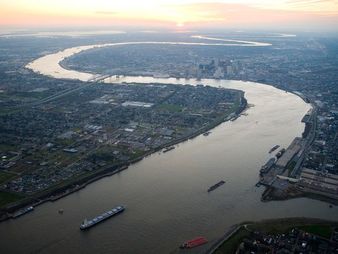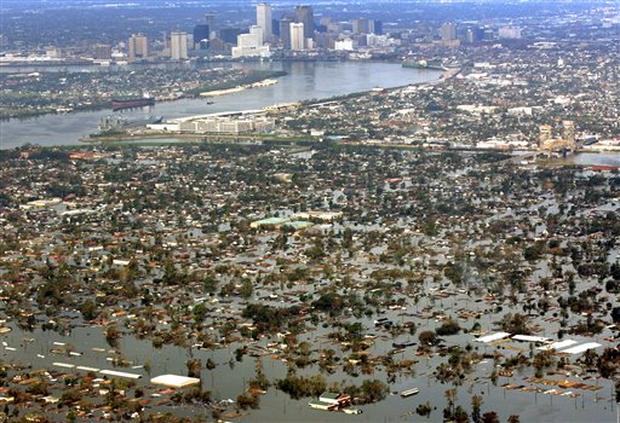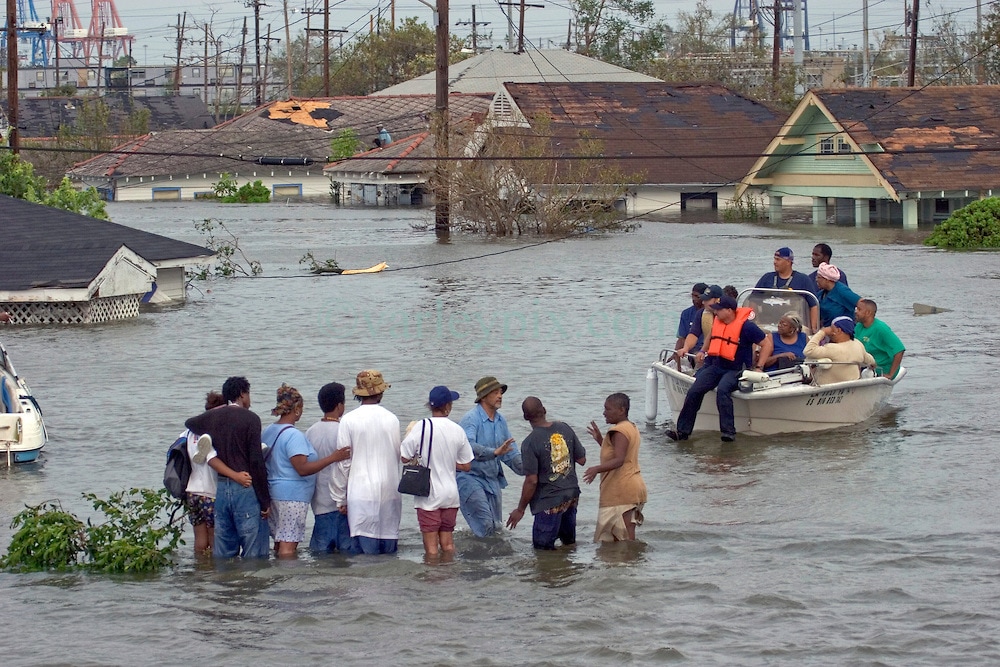| It’s hard to believe it’s already been one year since I launched The Verdant Yank blog on St. Patrick’s Day 2016. Honestly, the blog was born out of pure frustration. -There were stories that needed to be told but conventional media wasn’t giving me a platform to tell them, in part because conventional media is generally poor on environmental coverage but also because they had no interest in content from a “blow in” with a funny accent and even funnier last name. Hence, with some encouragement from friends, I decided to own the challenge and embark on my second blog ‘The Verdant Yank’ – Blogs on Ireland’s environment from my outlandish Irish-American perspective. |
| Those same friends thought I’d lost a few marbles when I accompanied my first blog on the Good, the Bad, and the Ugly of the Transatlantic Trade and Investment Partnership (TTIP) with an off-the-wall video that involved eating copious amounts of cream cake, but the blog was my laboratory and it was fun to see what kind of reaction letting out the cray-cray would get. If not on Paddy's Day, then when?! | |
| My effort featured on RTE News and the Irish Times with many people writing to thank me for doing the work so they didn’t have to. I made some enemies within a few political parties who weren’t too happy with my critical analysis, but I’m willing to bet they’ll dot their i’s and cross their t’s the next time they address climate change in their manifestos, and that’s the kind of impact I’d be really happy with. | |
| My colleagues and I valiantly argued against the token contrarian “communications consultant” but went away disappointed we didn’t get to tackle the real burning issue of the Irish government’s complacency on climate change. | |
| The biggest surprise of my year of blogging ‘The Verdant Yank’ was winning the Irish blog awards in the current affairs and politics category last year. I applied for that category along with the science category but had been disappointed when I didn’t make the short list for science, which seemed a more obvious fit, so I never expected to win an award in current affairs and politics. As it turned out, having an environmental blog nationally recognised as a current affairs issue was far more meaningful than having it recognised as an obvious science issue. |










 RSS Feed
RSS Feed
